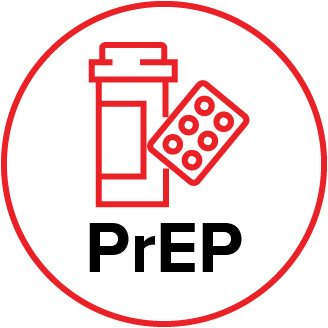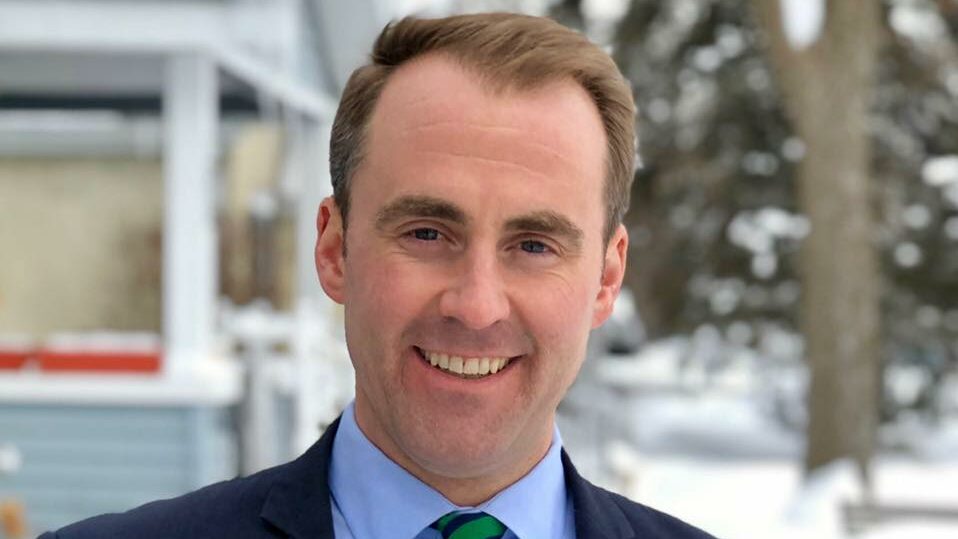West End Healthline: Being PrEPared to prevent HIV infection

by Lauren Carlson, MD
There have been recent news stories regarding the possibility of a Human Immunodeficiency Virus (HIV) “cure.” An article published in the science journal Nature reported that a patient diagnosed with HIV was treated with a bone-marrow transplant. Afterwards, the treatment team found that the virus was no longer living in the patient’s blood and stopped his HIV medications. After eighteen months, the patient was still HIV-free. Although this was a huge step forward, the treatment described in the study had significant risks and we still do not have an HIV cure that doctors can routinely prescribe to patients. Since we still do not have an easy way to cure HIV, reducing the impact of HIV in the community means thinking about prevention of infection.
There are different ways to reduce the risk of transmission of the HIV virus, including by using condoms, reducing the number of sexual partners, and choosing less risky sexual behaviors (the CDC has a great online risk reduction tool that takes into account one’s sex, gender, partners, and HIV status! See cdc.gov/hivrisk/). For people who use IV drugs, the best way to lower the risk of HIV is to seek medical care to get help for stopping drug use. United Family Medicine has several medical providers and a licensed alcohol and drug counselor who are ready to help patients with drug problems. If IV drug use continues, it becomes important to never share needles. There are local syringe service programs that help individuals get free clean needles and syringes, as well as to safely get rid of used ones.
For people with a high risk of acquiring the HIV virus from either high risk sexual practices or injecting drugs, there is a daily medication that can prevent infection. Preventing initial HIV infection with medication is called pre-exposure prophylaxis (PrEP). The only medication currently approved for PrEP is a daily pill called Truvada, which is a combination of two different medicines (tenofovir and emtricitabine). This can reduce HIV infection by 70 to 90%! The pill reaches its maximum protection level in 1-3 weeks and most people prescribed this medication take it once daily. If someone has been exposed to HIV, there is a different set of pills that can be taken and seeing your medical provider quickly is important as these medications should be started within the first three days of exposure.
PrEP is generally safe. Some people who take the PrEP medication notice some headaches or nausea when they start taking the pill, but symptoms usually improve over time. Studies have not shown any harmful health effects for people taking the medication for up to five years. It’s even safe during pregnancy and while breastfeeding. Most insurance plans, including Medicaid, cover the cost of PrEP medication.
If you are interested in learning how to lower your chance of HIV infection, please call 651-241-1000 to schedule an appointment with a medical provider at United Family Medicine to start the conversation about how you can lower your personal risk of acquiring HIV. We can help treat drug problems, provide education on safe sex practices and counsel on whether the benefits of medication would outweigh the risks for preventing HIV infection.



